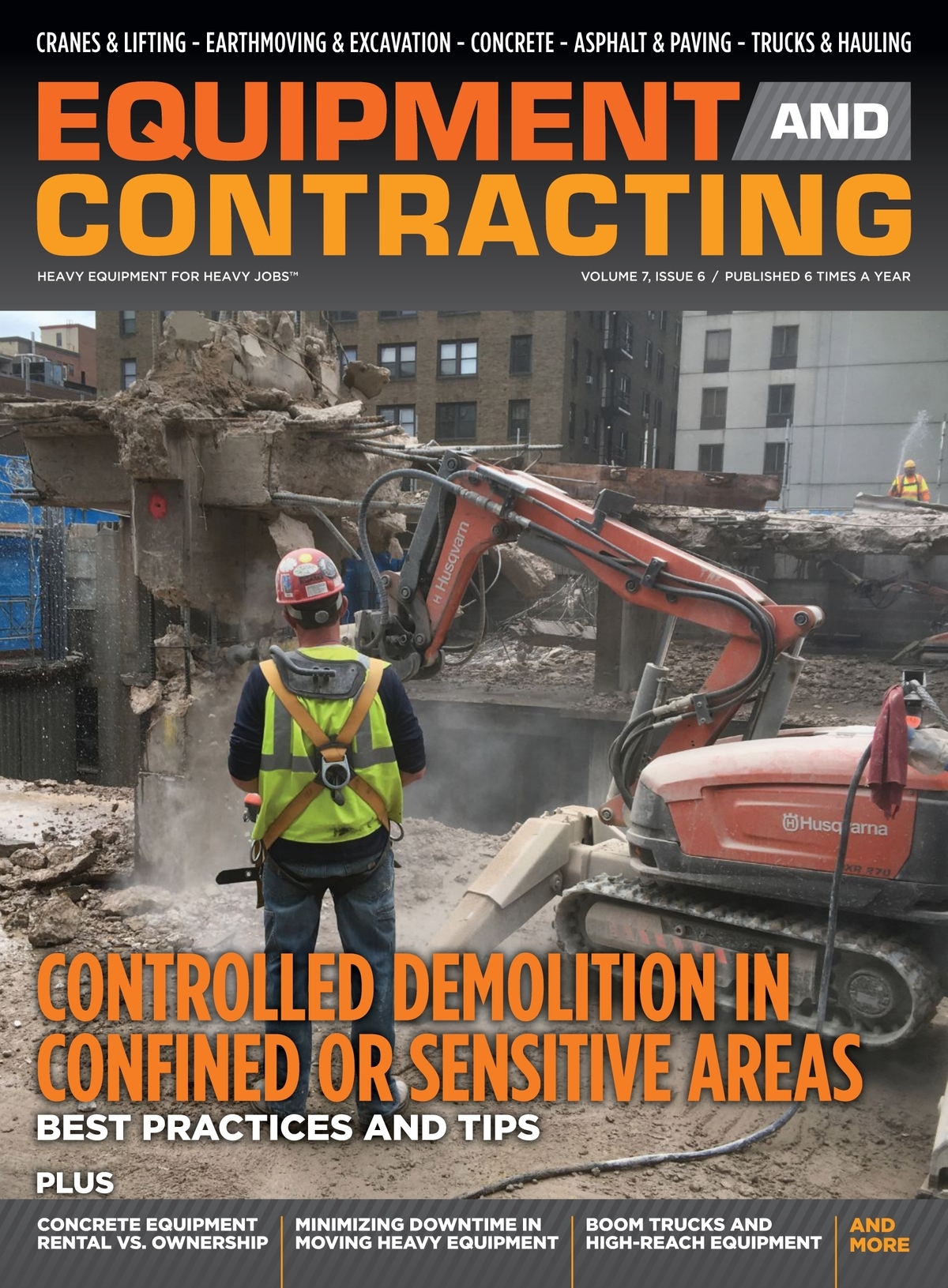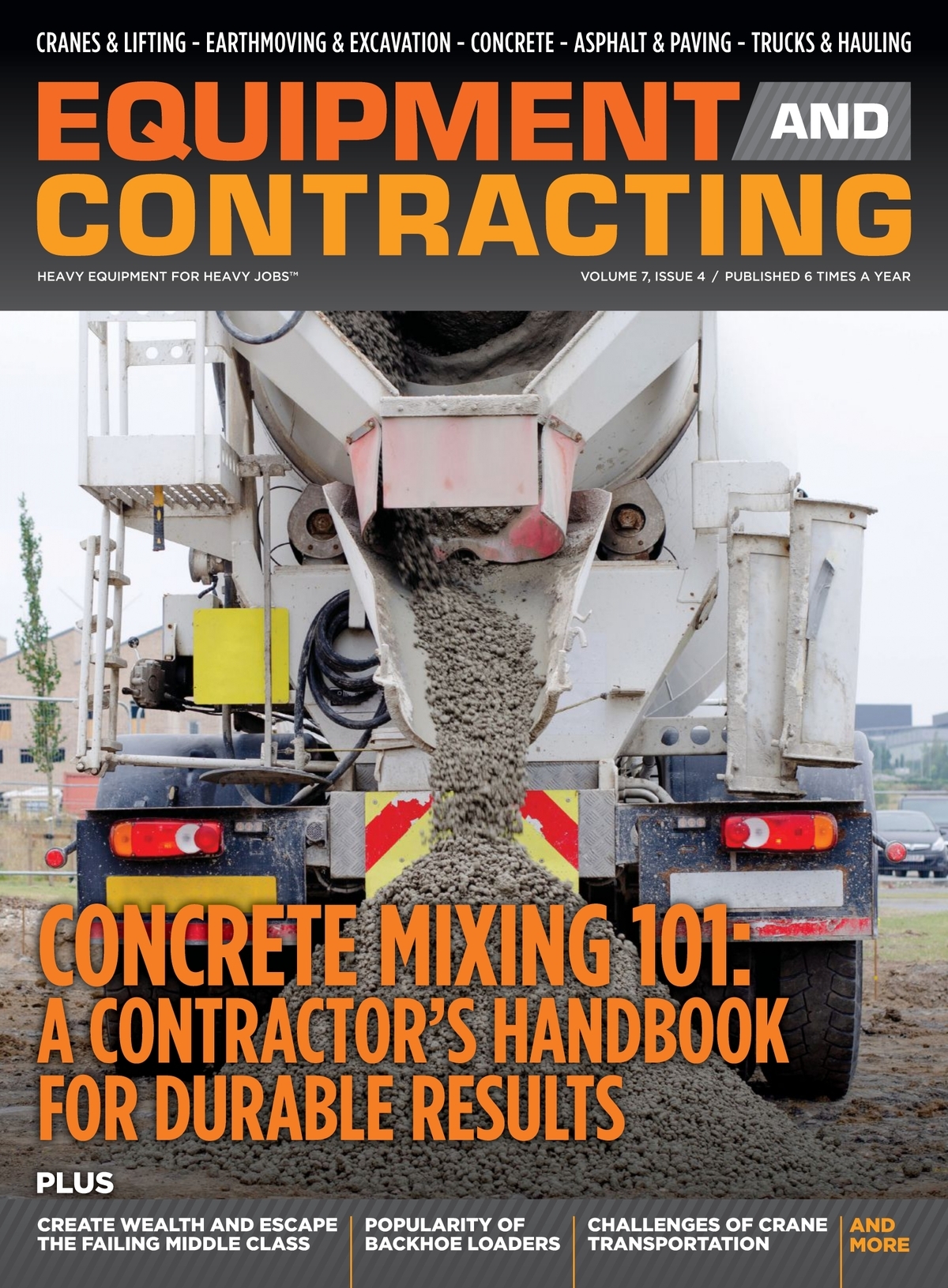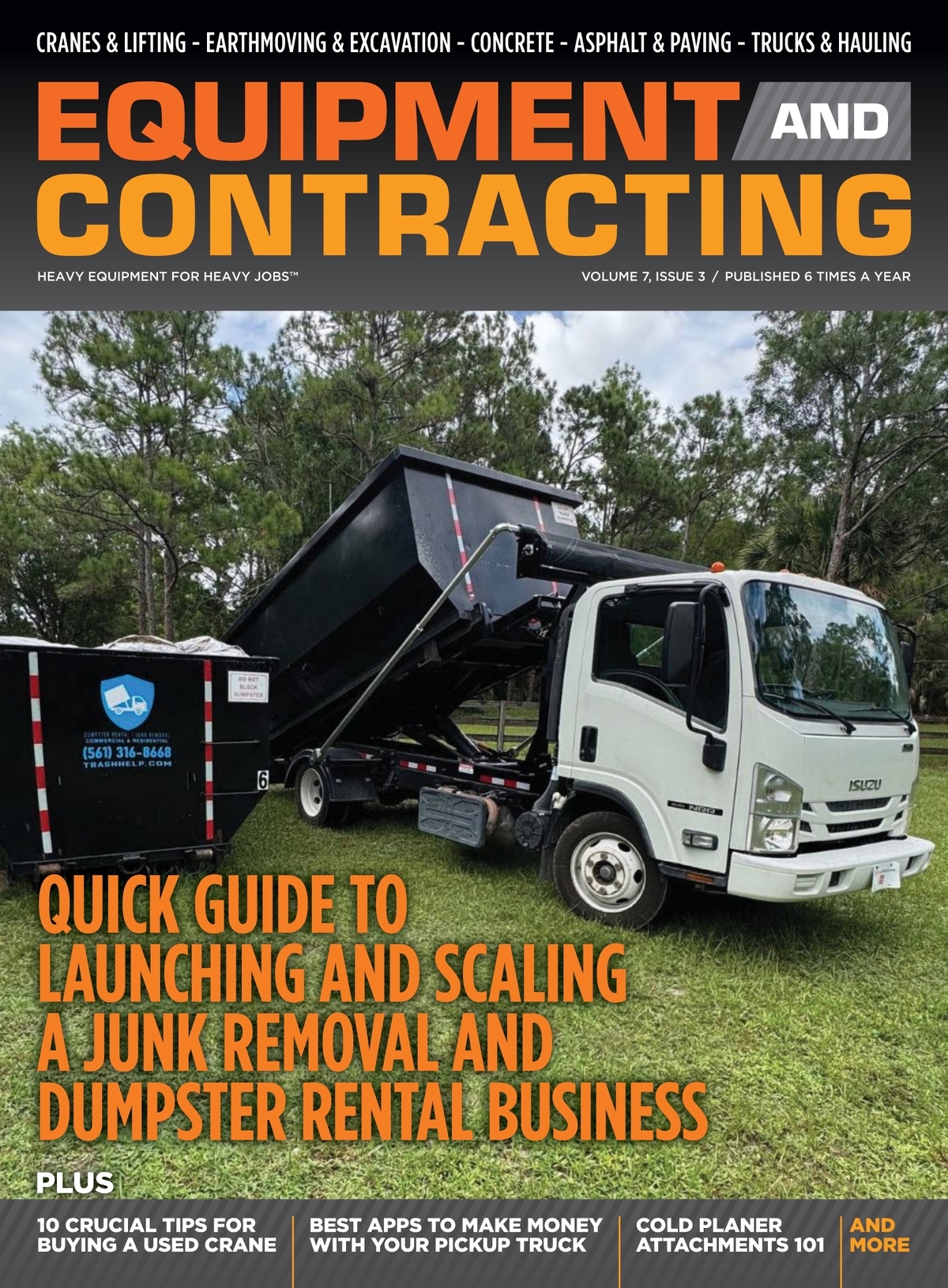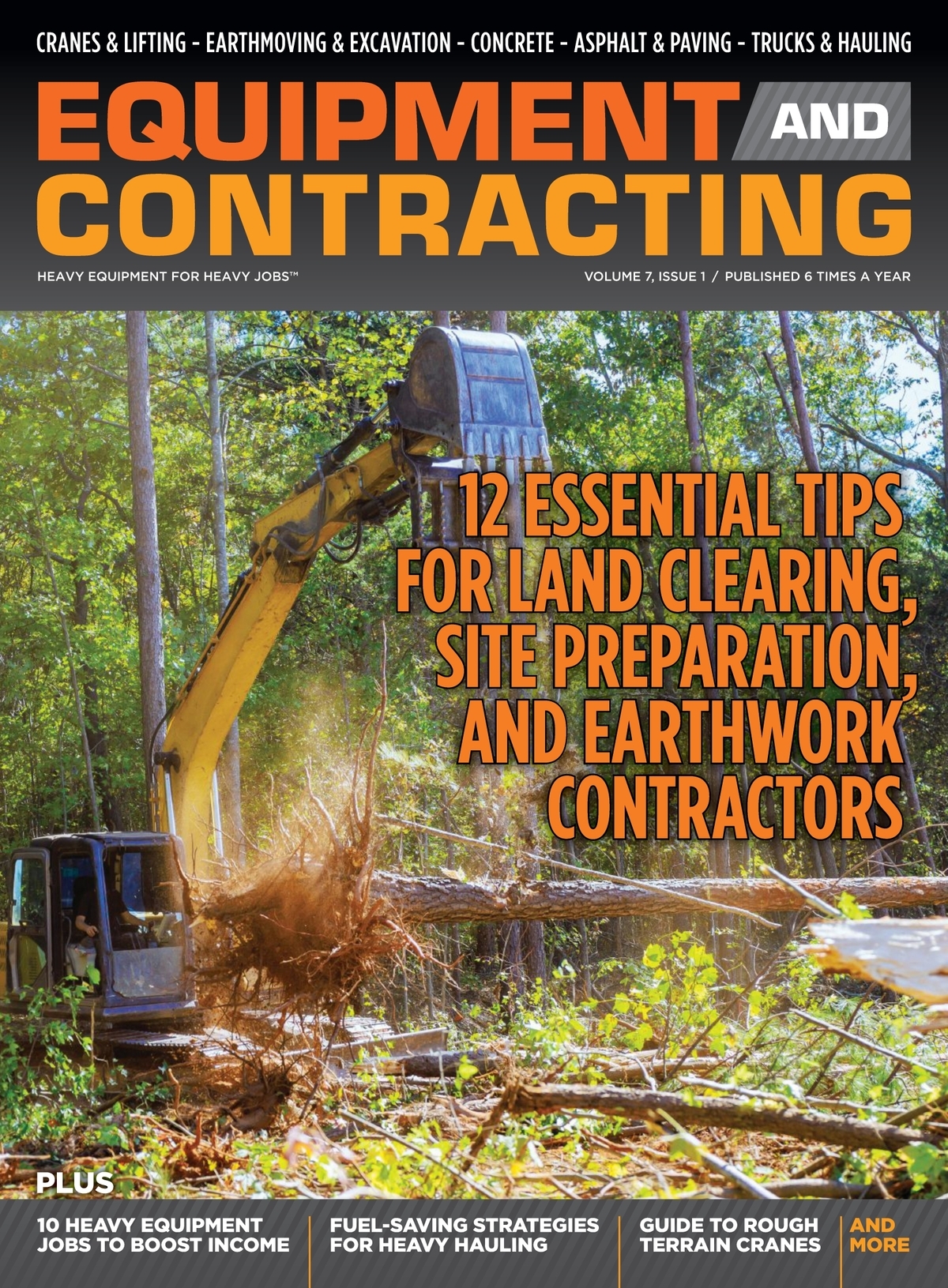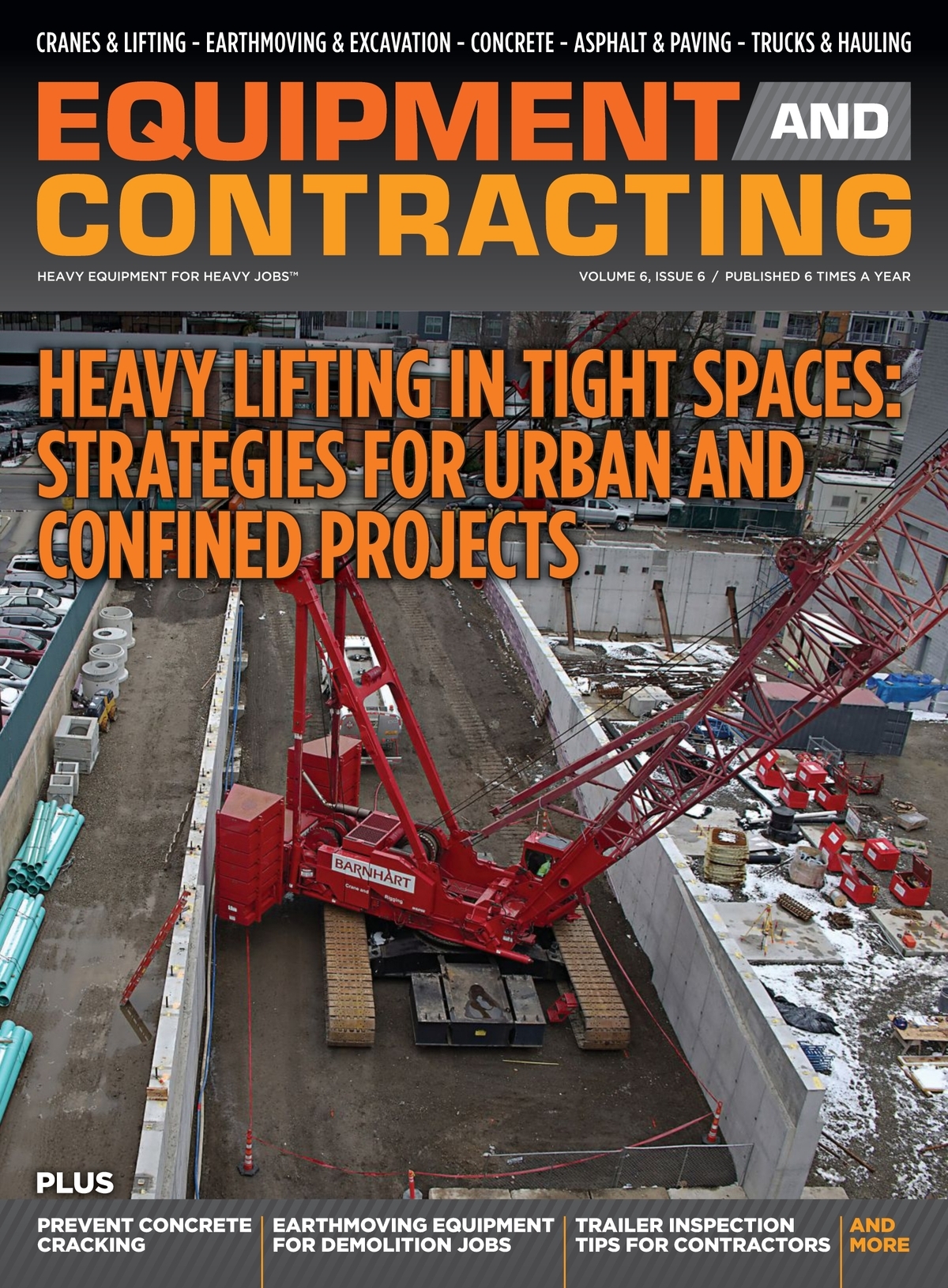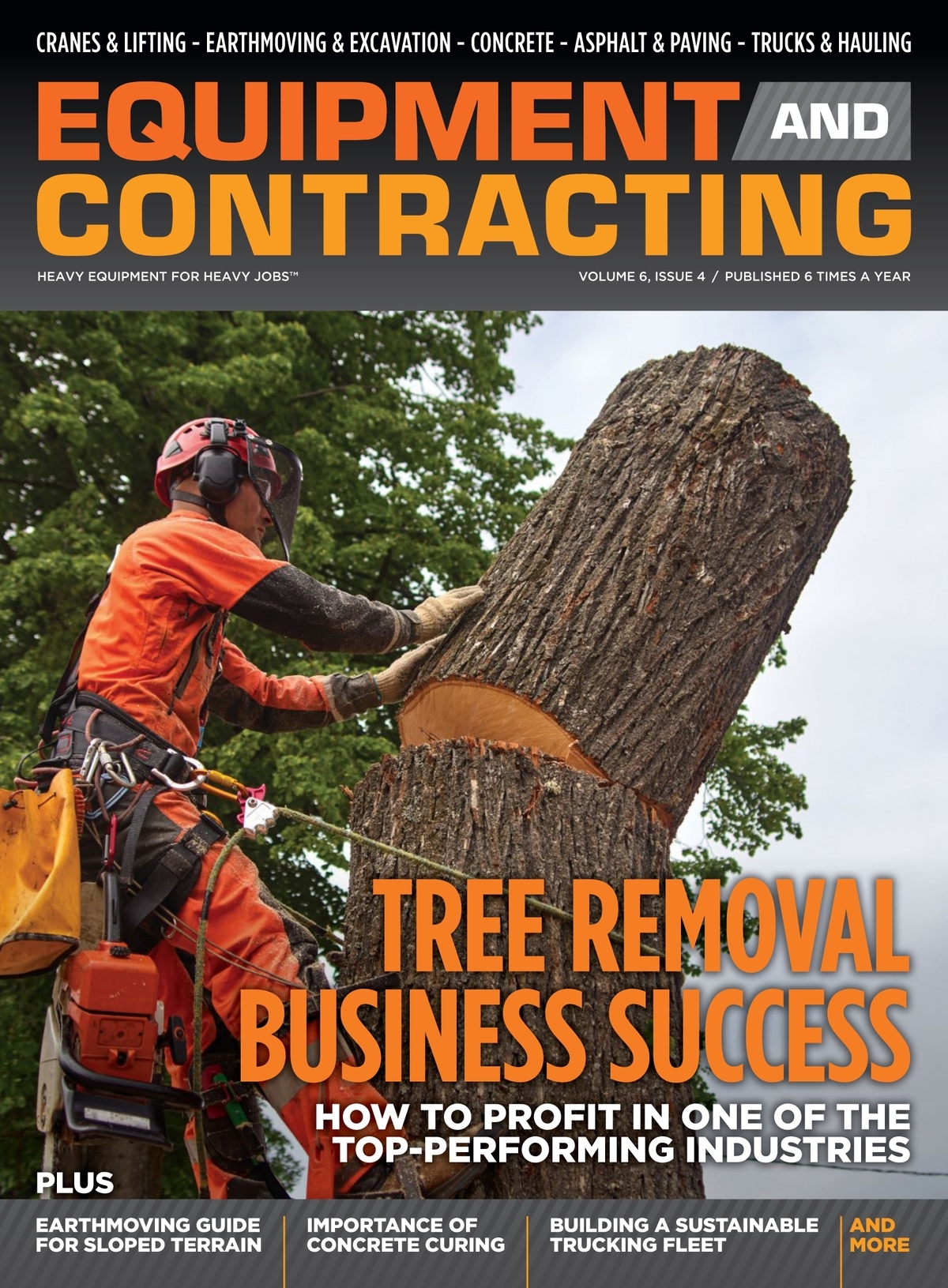
View the complete article here.
Truck maintenance is essential for ensuring the safety, reliability, and longevity of trucks in the construction industry. In this guide, we’ll cover the fundamental maintenance tasks that apply to all trucks—as well as the detailed strategies tailored to specific sizes, from small pickups to heavy haulers. Key topics include engine maintenance, tire care, and the crucial roles of brake and suspension systems. We’ll also compare preventive and reactive maintenance strategies, offering insights on how to minimize downtime and maximize efficiency.
Understanding the Basics of Truck Maintenance
Proper maintenance is crucial for ensuring the reliability, safety, and longevity of trucks used in construction and other related projects.
Importance of Reading and Understanding the Vehicle’s Manual
Every truck comes with a manufacturer’s manual that provides specific instructions on various aspects of the vehicle. This manual should not be overlooked, and is your first and most reliable resource for the following reasons:
- Specific maintenance schedules: Each model may have unique requirements for maintenance intervals and procedures. The manual outlines when and how to perform these tasks.
- Warranty requirements: Often, maintaining the warranty coverage depends on following the prescribed maintenance schedule outlined in the manual.
- Troubleshooting guidance: Manuals typically include troubleshooting sections that help identify common issues, allowing for quicker resolutions.
Understanding your truck’s manual ensures that you are fully informed about all aspects of your vehicle, which can prevent costly repairs and extend the life of your truck.
Brief Overview of Common Maintenance Needs for All Trucks
Regardless of the size and type of your truck, there are several maintenance tasks that are universally necessary to keep your vehicle in top working condition:
- Engine oil and filter change: Regularly changing the engine oil and filter is critical to protect the engine from premature wear and failure. Check the manual for the recommended oil type and change intervals.
- Tire inspection and maintenance: This includes checking for proper tire inflation, which ensures optimal fuel efficiency and reduces tire wear. It also involves regular rotation and alignment to maintain handling and prolong the life of the tires.
- Brake system check: Since the braking system is vital for safety—regular checks for wear-and-tear on the brake pads, discs, and fluid can prevent failure.
- Fluid levels: Maintaining the correct levels of all fluids (transmission, brake, power steering, coolant, and windshield washer) is essential for the smooth operation of various systems.
- Battery maintenance: Check the battery charge and clean terminals to ensure a reliable start, especially in extreme weather conditions.
- Lights and electrical systems: Regular checks ensure that all lights are functional and electrical systems are operating correctly, which is crucial for safety and compliance with traffic laws.
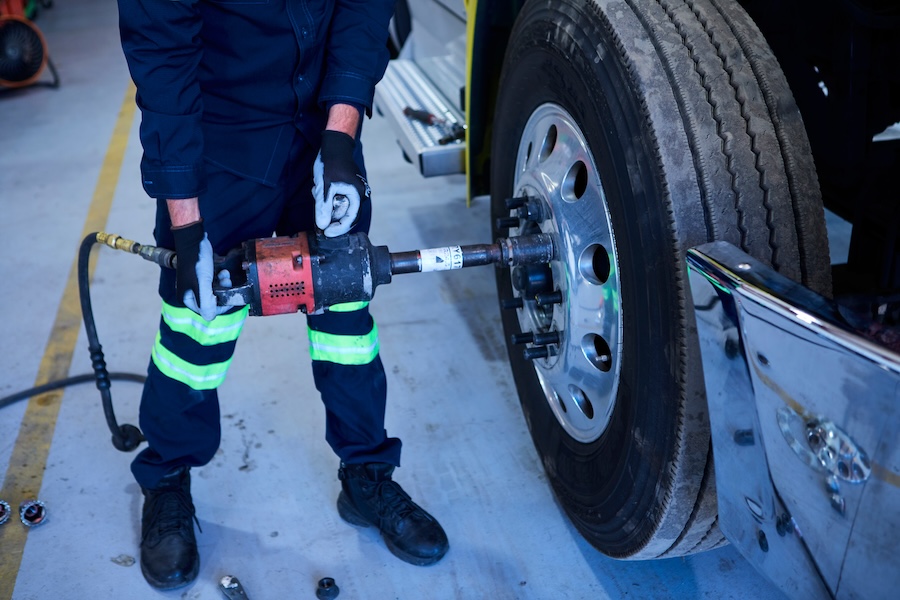
Regular Inspection and Maintenance Schedules
Regular inspections are vital to ensure the safety, efficiency, and longevity of trucks used in construction and contracting. Establishing a consistent schedule for checking key components can help prevent breakdowns and costly repairs.
Establishing a Routine Inspection Schedule
Routine inspections should be tailored to the usage and environment of the truck—but generally—they can be categorized into daily, weekly, and monthly checks:
- Daily inspections: Quick checks before starting the day can catch issues that may cause safety hazards or further damage. These include checks for tire pressure, fluid levels, and ensuring all lights are functional.
- Weekly inspections: These can include more detailed checks such as inspecting the brakes, testing battery function, and looking for any leaks in hydraulic systems.
- Monthly: These are the most comprehensive—including checking the engine oil and filters, deeper inspection of the electrical systems, and checking the integrity of the body and chassis.
Key Components to Check
The key components to check include:
- Engine oil and fluids: Regularly check and top up engine oil, coolant, brake fluid, transmission fluid, and power steering fluid. Look for any signs of leaks or unusual reductions in fluid levels.
- Brakes and brake fluid: Inspect brake pads for wear and ensure that brake fluid levels are sufficient. Check for any signs of fluid leakage or damage to brake lines.
- Tires: pressure and tread: Maintain proper tire pressure to ensure fuel efficiency, safety, and tire longevity. Regularly check the tread for uneven wear, which can indicate issues with alignment or suspension.
- Lights and electrical systems: Ensure that all lighting and electrical systems are functioning correctly. This includes headlights, tail lights, indicators, and dashboard displays. Electrical faults can indicate deeper issues like a failing alternator or battery.
- Hydraulic systems for larger trucks: For trucks equipped with hydraulic systems—it’s crucial to check for leaks, hose integrity, and proper fluid levels. Hydraulic failures can lead to operational failures and safety risks.
Specific Maintenance Tips for Small Pickup Trucks
Small pickup trucks are versatile vehicles in the construction and contracting industry, often used for lighter loads and quicker transport tasks. Maintaining them properly not only ensures operational efficiency but also helps in preserving their value over time.
Importance of Keeping the Engine Clean to Prevent Overheating
The engine is the heart of any vehicle and keeping it clean is essential to prevent overheating, which is a common issue in poorly maintained vehicles. Consider these tips:
- Regular cleaning: Dirt and debris can accumulate in the engine bay and insulate heat around the engine, exacerbating overheating. Regular cleaning helps in removing these materials and allows the engine to cool properly.
- Check coolant levels: Always ensure that the coolant level is adequate. It’s also wise to replace the coolant as recommended in the owner’s manual to enhance its effectiveness.
- Inspect radiator and hoses: Check for any blockages in the radiator and ensure that all hoses are secure and leak-free, as these can lead to overheating.
Regular Checks on Battery Life and Alternator Function
The battery and alternator are crucial for the truck’s electrical system:
- Battery inspection: Check the battery terminals for corrosion and ensure they are tight and clean. Test the battery charge regularly, especially before changes in season—as temperature fluctuations can affect battery performance.
- Alternator health: The alternator charges the battery while your truck runs. If it fails, the battery will drain quickly. Listen for unusual sounds and check for a warning light on the dashboard, which could indicate alternator issues.
Tips for Maintaining the Interior and Exterior to Preserve Resale Value
Keeping your truck in good cosmetic condition is crucial for maintaining its resale value:
- Interior maintenance: Regularly clean the interior, use protective mats, and treat leather surfaces to prevent wear-and-tear. Ensure the dashboard and electronic components are kept clean and functional.
- Exterior care: Wash the truck regularly to remove dirt and potential rust-causing agents, especially from the undercarriage. Apply wax to protect the paint and check for any signs of rust or damage that should be addressed promptly.
Maintenance for Medium-Sized Trucks
Medium-sized trucks, which often balance the demands of maneuverability with the ability to carry significant loads, require specialized maintenance to ensure their reliability and efficiency. Here’s how to maintain key systems like the transmission, coolant system, and wheel alignments…
Focus on Transmission Systems and Their Upkeep
The transmission is critical for the performance of any truck, allowing it to shift gears smoothly and efficiently:
- Regular fluid checks: Ensure that the transmission fluid is checked regularly for both level and condition. Dirty or low fluid can lead to inefficient operation and damage.
- Fluid and filter changes: Follow the manufacturer’s recommendations for changing transmission fluid and filters. This can prevent a buildup of contaminants which can wear out the transmission.
- Inspection for leaks: Be vigilant about any signs of leaks under your truck, as these can be indicative of a failing transmission seal or gasket.
The Necessity of Regular Coolant System Checks
The cooling system plays a pivotal role in preventing engine overheating:
- Coolant level and condition: Regularly check the coolant level and top it up if necessary. Also, assess the condition of the coolant. It should be replaced if it is dirty or no longer effective.
- Inspect radiator and hoses: Regular inspections of the radiator and cooling hoses can identify potential problems like cracks or blockages that can lead to overheating.
- Thermostat testing: Ensure the thermostat works correctly, as a malfunctioning thermostat can cause the engine to overheat or run too cold—both of which are detrimental to engine performance.
Importance of Wheel and Axle Alignments
Proper alignment is crucial for the safety, tire wear, and fuel efficiency of medium-sized trucks:
- Regular alignment checks: Wheel alignments should be checked regularly, especially if the truck is frequently driven on rough roads. Misalignment can cause uneven tire wear and poor handling.
- Axle and suspension inspection: Along with wheel alignments, inspect the axles and suspension systems for any wear or damage that can affect the vehicle’s stability and alignment.
- Tire rotation: Incorporate tire rotations into your maintenance schedule to promote even tire wear and extend the life of your tires.
Heavy Hauling Truck Maintenance
Heavy hauling trucks are designed to undertake the toughest tasks in construction and contracting environments. These trucks are typically equipped with robust diesel engines and larger tires, and they demand strict adherence to maintenance practices to avoid breakdowns and extend their operational life.
Handling and Maintenance of Diesel Engines
Diesel engines, known for their durability and efficiency, are common in heavy hauling trucks. Here are key maintenance aspects to keep in mind:
- Regular oil changes: Diesel engines require frequent oil changes due to the high compression ratios and the soot and contaminants that can accumulate in the engine oil.
- Fuel system maintenance: Keeping the fuel system clean is critical, including replacing fuel filters and using quality diesel treatments to keep injectors clean.
- Air intake system: Regularly check and replace the air filters to ensure the engine breathes clean air, preventing premature wear due to dirt and debris.
Tips on Maintaining Larger Tires and Managing Tire Rotations
The larger tires on heavy hauling trucks require special attention due to their significant role in safety and performance:
- Regular pressure checks: Consistent tire pressure checks are crucial to maintain fuel efficiency and minimize tire wear. Heavy loads and long hauls can quickly alter tire pressure.
- Tire rotation and replacement strategies: Implement a tire rotation strategy to ensure even wear. Keep track of tread depth and replace tires before they become a safety hazard.
- Inspection for damage: Regularly inspect tires for any signs of damage—such as cuts, cracks, or bulges—particularly in harsh working environments.
The Crucial Role of Regular Checks on Suspension and Steering Systems
The suspension and steering systems are vital for the safe operation of heavy hauling trucks:
- Suspension checks: Regularly inspect the suspension components for signs of wear or damage—including shocks, struts, and springs. Heavy loads can accelerate wear on these components.
- Steering system maintenance: Ensure that the steering system is always in top condition by checking for fluid levels and signs of wear in the steering linkage. Poor steering control in a heavy hauler can lead to significant safety risks.
- Alignment inspections: Given the weight these trucks carry, regular alignment inspections are crucial to prevent uneven tire wear and maintain proper vehicle handling.
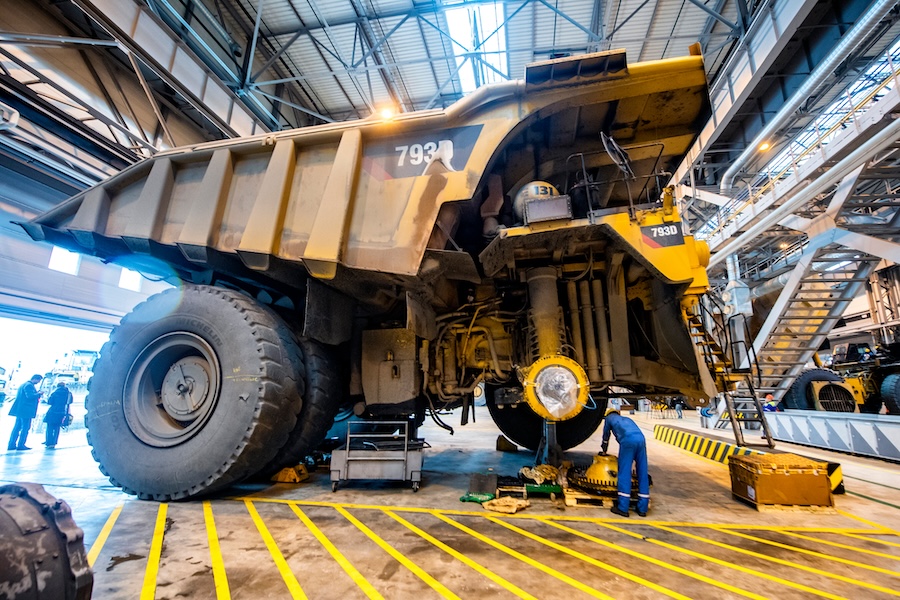
Preventive vs. Reactive Maintenance
In the world of truck maintenance, there are two fundamental approaches: preventive and reactive maintenance. Each has its place in the management of fleet operations, but understanding when and how to use each strategy can significantly impact the longevity and efficiency of your vehicles.
Benefits of Preventive Maintenance in Reducing Long-term Costs and Downtime
Preventive maintenance involves regularly scheduled checks and the replacement of parts before they fail. Here are the key benefits:
- Reduced long-term costs: Regular maintenance prevents major breakdowns that can be costly to repair. By addressing issues early, you avoid the cascade of failures that can result from a single worn part.
- Decreased downtime: Vehicles are less likely to encounter unexpected breakdowns that take them out of operation, ensuring more consistent availability and reliability.
- Extended vehicle lifespan: Consistent care and early problem detection extend the usable life of trucks, maximizing your investment in the fleet.
- Improved safety: Regular checks ensure that all critical safety components, like brakes and lights, are always in optimal working condition.
Examples of Issues That Require Immediate Reactive Maintenance
Despite the best preventive plans, some issues will require immediate reactive maintenance. Here are a few scenarios:
- Tire blowouts: While regular inspections can reduce the likelihood of blowouts, they can still occur and will need immediate replacement.
- Engine overheating: If a truck begins to overheat due to a sudden failure in the cooling system, it requires immediate attention to prevent engine damage.
- Brake failure: Any sign of brake malfunction is a critical safety issue that requires immediate reactive maintenance to ensure the driver and public safety.
- Electrical failures: Issues like a sudden loss of lights or dashboard indicators need quick responses to maintain operational safety and compliance with road regulations.
While reactive maintenance is sometimes inevitable, its need can be minimized through a robust preventive maintenance schedule. Balancing these two approaches effectively can lead to more efficient fleet management and reduced operational costs.
View the complete article here.
What are the essential truck maintenance tasks for all truck sizes?
Key tasks include regular oil changes, tire inspections, brake checks, and fluid level maintenance.
Why is preventive maintenance important for trucks?
Preventive maintenance reduces long-term costs, minimizes downtime, and extends vehicle lifespan.

